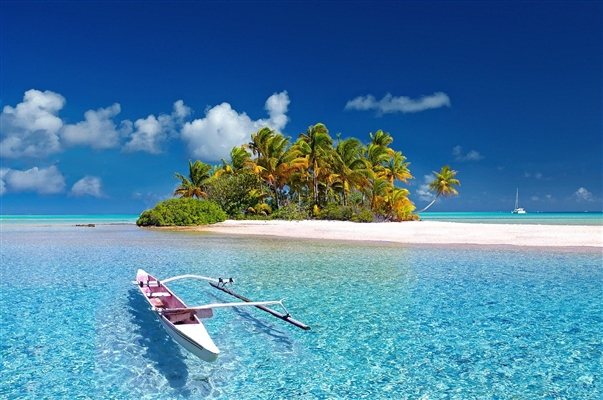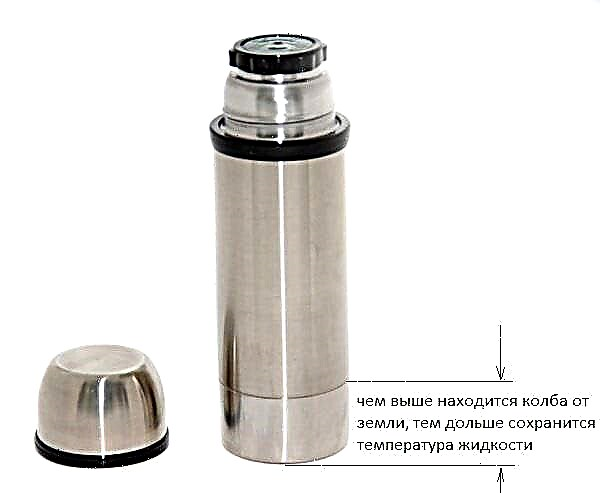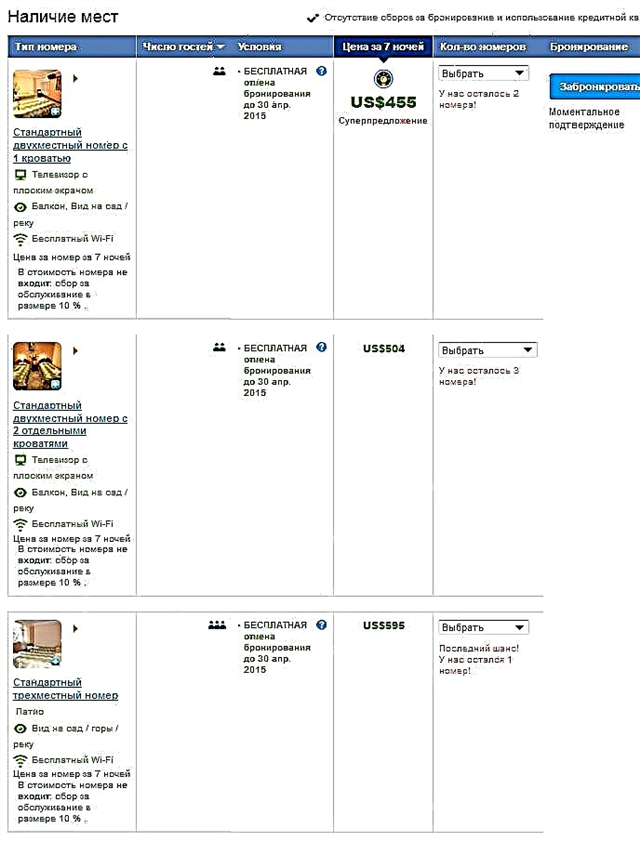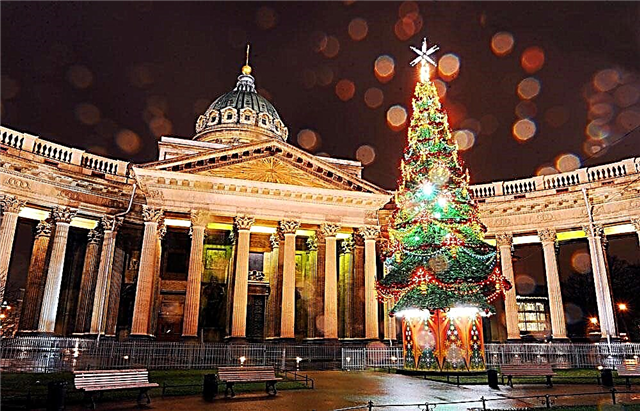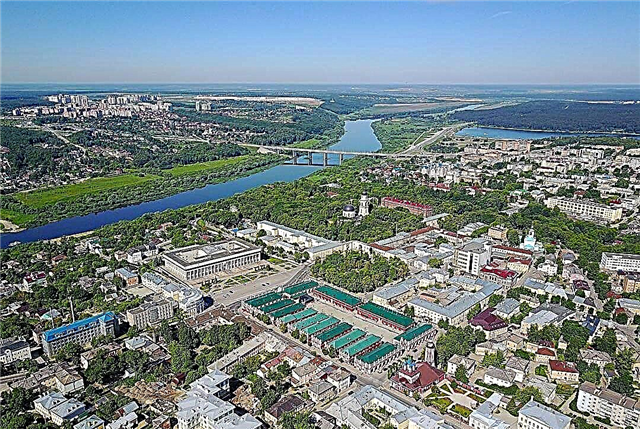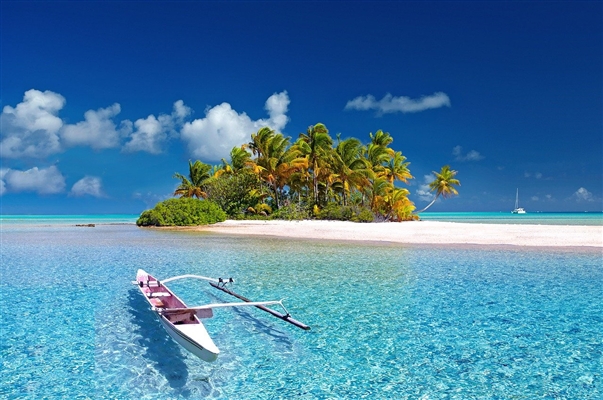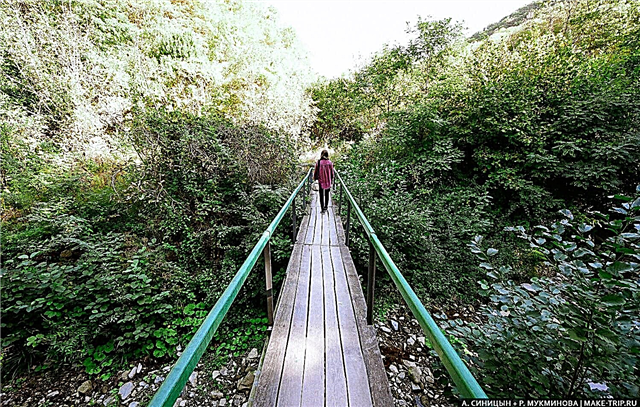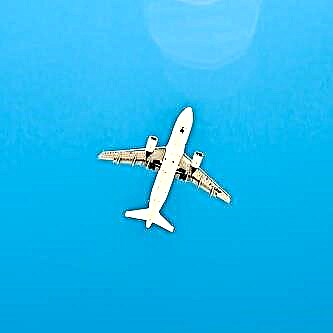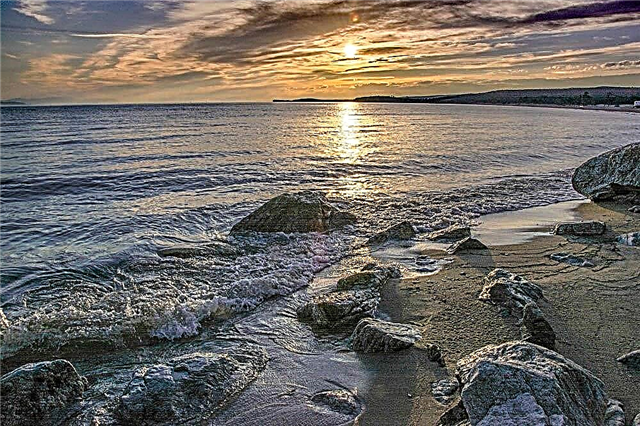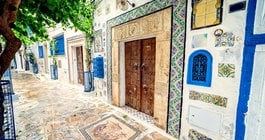Holidays in Tunisia, reviews of tourists about the trip, prices, all-inclusive hotels, weather and other aspects that will help you decide on the direction. This article contains the best recommendations of Russian vacationers at the resort.
Medina for Tunisians is what the Kremlin is for Russians. Both form the core of the national universe and represent a walled fortress in the center of the city. Inside, there and there is a bazaar. Only with us - in a figurative sense, and with them - in the most direct way.
All Tunisian medinas look the same: in Sousse, Kairouan, Monastir ... Narrow streets, along - trade. At the height of the season, there are no crowds of tourists here: just like in our metro at rush hour. Sellers lure into shops, grab hands and rejoice at the slightest signs of attention.
The latter is typical for all Tunisians. They are polite, sociable and do not mind making friends with tourists. But beware. It is worth relaxing, as you will immediately be escorted to the store, they will start throwing bright carpets in front of you, captivating with fake corals and silver of dubious quality.
And if you get out of there without buying, you can consider yourself lucky!
At the entrance to the shops, strange people are sitting squatting with small cups of fragrant tea - with mint and peanuts - or coffee with milk. They are just townspeople, for whom the market is something like a club, a place of leisure.
As in other Muslim countries, women are not among them. That is why tourists receive increased attention. Any ugly woman will feel like a queen here!
“A thousand camels! Three thousand ”- every now and then you hear in your address. This is a national Tunisian compliment. Feminine dignity is measured here in camels. The most that was offered for me was 5 thousand.
Having managed how much the piece, I tried to multiply this amount by the total livestock and convert everything together into dollars. But she got confused in the calculations, never knowing her true worth.
Hammamet is a mixture of different cultures
This in Russian is Tunisia - Tunisia. In Europe it is called Tunisia. And only the capital is called Tunisia. We went to it, renting a car at a local rent-a-car. The 600th Peugeot cost us $ 70 per day.
We left early. The sun and the wind flew towards, illuminating the silhouettes of palm trees and the outlines of cities. In the inhabited part of the country, and this is only a third of its territory, the other two are in the desert, they are built so close that you can hardly distinguish where one ends and the other begins.
Basically, these are settlements of the average Mediterranean-sea type, with tourist centers in the middle and fashionable suburbs along the edges - low white villas, immersed in the gloss of palm trees and dense blooming of gardens. There are many places where you can pick up gifts and souvenirs for memory and friends.
Our first stop was Hammamet, a city founded by the Romans, destroyed and rebuilt in subsequent eras. In 1920, Romanian billionaire Sebastian built a villa there.
Since then, the city has turned into a celebrity getaway and a haven for world politicians with a tarnished reputation. For example, former Italian Prime Minister Krazi lived here. He was suspected, and not without reason, of ties to Cosa Nostra.
Therefore, not wanting to be an eyesore to the authorities, he said goodbye to his homeland and settled in a small Tunisian town. There he was visited by friends, including the current head of government Silvio Berlusconi, whom, according to rumors, Krazi gave a start in life. There he was accompanied on his last journey.
At the same time, the funeral of the disgraced minister turned into a kind of congress of European politicians, and Hammamet, who sheltered him, remembered the years of his former greatness - the era of Roman rule, in which he was known as one of the centers of imperial Africa.
Traces of the alternate rule of Romans, Arabs and Turks in Tunisian cities are Roman ruins and old Muslim fortresses. In general, it smells like French most of all. What is strange: after all, they settled in Tunisia only at the end of the 19th century and stayed there only until 1957.
Nevertheless, from the language - the second state here is French - and ending with the way of life and architecture, their influence is felt everywhere here. Hammamet is a whole block of imposing structures behind tall fences.
The wrought-iron gates are closed, there is only wind and palm trees around. Their tight rustle follows me everywhere. Like the scent of roses - Pontius Pilate.
Beauty of the African country Tunisia
We're moving on. But we are not going for long. On the way, we come across another sign - with the inscription Mornag. The very one where this wonderful wine comes from, which we have not translated since our first day under the palm trees. And we turn where the inscription points. So what is next? And then we don’t know.
The roads in Tunisia are excellent: perfect coverage, tons of signs in French and polite police officers who are always ready to help you. However, as soon as you turn off the beaten path, you find yourself in the realm of dust and gullies, where there is no asphalt, no Coca-Cola, no French language caressing the ear.
For three hours we wander along shaky roads, asking the people we meet for the way to the wine farm. However, the local peasants either do not speak French at all, or they speak it so poorly that they cannot help us.
Having tried all possible directions, we finally get to an inconspicuous factory, lost in the hills of Africa. It clearly did not live up to our expectations and gave the impression of an abandoned farm.
An old peasant, sitting at its walls, gestured for us to wait and hid in one of the rooms. We never saw him again, but a minute later a perfectly trimmed monsieur ran out to meet us. Scented, with thin fingers, in white, he was strangely discordant with the desolation that surrounded him.
Introducing himself as the director of the distillery, Monsieur marveled at how we found her, and upon learning that we were from Russia, he almost burst into tears of happiness. According to him, we are the first Russians in Mornag. The French, the Belgians, the British are coming. For wine, of course.
They buy it in boxes and send it home. Moaning and lamenting - really from Moscow! - Monsieur showed us his grounds, took us to the basement and offered to choose drinks. We took a photo for memory and parted as friends. The wine turned out to be delicious, and in the photographs everyone got red noses. Although we did not drink it there.
The indigenous people of Tunisia are called Berbers. Contrary to popular belief that all Africans are like Pushkin, only black, Berbers are blondes with blue eyes. Our next guide was named Jamal, and he was a real Berber.
We met in Kairouan, a town in the north of Tunisia full of mosques. They say that there are 400 of them in total, and this is no coincidence. In the 7th century, when the Arabs conquered Tunisia, they moved the capital to Kairouan, making it not only the main city in the state, but also the center for the spread of Islam throughout Africa.
Evening Kantaoui
This is the name of the perfume that I found in a shop in a resort area near Sousse. Gooey, sweet and decidedly unbearable. But I bought them - in memory of the town after which they are named.
Port El Kantaoui is a busy place filled to overflowing with tourists. Basically, these are Germans and Russians - from those who did not fly into the heavens on paragliders and did not retire into the desert riding on smelly camels that would spit in your soul. They move in colored flocks between the ruins of leather bags, colorful carpets and blue-yellow Tunisian ceramics.
What else can they do? Entertainment is intense here: there is a theater where they play exclusively in Arabic, there is a shady arboretum with dusty cacti and bamboo thickets, and a small zoo where a bald ostrich hypnotizes a couple of hunted goats.
Not in the evening! Twilight lights give the place a unique charm. Once it gets dark, small teahouses and coffee houses open here, monotonous oriental music sounds from everywhere, and the air begins to smell of adventure. At this time of day, a favorite place for vacationers is the sea pier.
The splash of waves on the pier, a forest of masts nodding regularly to the beat of the sea, tables, set right on the embankment - not a single one free. Here our guide was Kamel, whom we met in a taxi. He went to Kantaoui for a walk.
Leaving the car with us, our new friend showed us the night port, treated us to wine and then escorted us to the hotel. He was polite in a European manner, and before leaving, he sat with us on the side of the highway for a long time, talking about himself. Kamel is from Kairouan.
Until recently, he worked in the local branch of UNESCO, but he quit and now dreams of finding a job abroad. On the whole, our interlocutor gave the impression of a lost and lonely person. He certainly didn't need anything from us. It's just that this evening we fit into his plans.
When I returned home, the first person who called me to ask how I got there was not Moscow friends, but Kamel. For two months, he called daily. Last time from Jordan. I was glad that his dream of leaving the country came true.
What will be required for the trip?
Websites for booking that are used by millions of tourists around the world will help you to relax in Tunisia inexpensively:
- well-known Booking.com will help to find the best hotel by the sea in Tunisia,
- It is better to look for air tickets to Tunisia from Moscow and other cities of Russia through Aviasales, the site looks for cheap flights even among low-cost airlines,
- travel insurance is required for independent recreation,
- most Russians are used to vacationing with package tours; the cheapest tickets to Tunisia can be found online at Level.travel.ru.
Tunisia travel tips
Reviews of tourists about a trip to Tunisia are mostly positive, few people are disappointed by the chocolate tan, excellent weather, prices and the warm sea. Further, the information is useful for planning a vacation:
- prices for holidays in Tunisia,
- where is it better to relax in Tunisia,
- what to bring from vacation.
Be sure to familiarize yourself with the question of how to independently choose a hotel in Tunisia, with the help of which services you can significantly save on finding accommodation by the sea.

